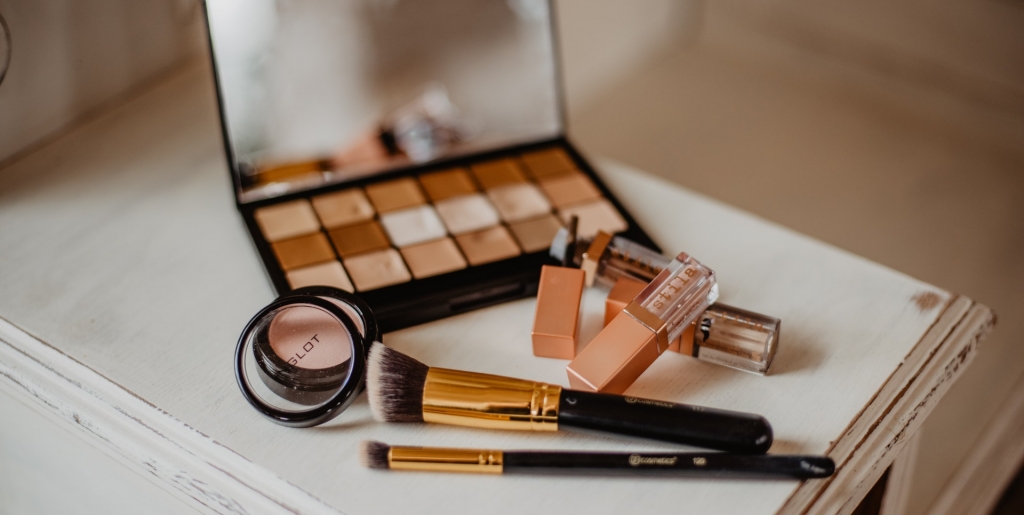Cosmetology Schools
People like to look good. People like to flex. People like to show their swag. People like to cavort. We can’t think of any other slang. Writing stuff like that also might relegate your piece to the historical dustbin because if nobody is using the word swag in 30 years, good luck this piece maintains any relevance. What we’re trying to say here is folks like to look good. As rationale as we can be, who doesn’t take the time to look in the mirror everyday and ask themselves, “am I attractive?” If you’re a model, a person who gets paid to look good, the answer is easy. But that’s easier said than done for much of the population. Beauty is relative, and thankfully what might attract you to someone is a world apart from someone else. But no matter, it’s the act of beautifying oneself that matters and because we all do it, there’s a massive industry behind it. Beauty is more than simply make-up and hair gel. Beauty is a science in many ways, and some people are more apt to study this area than others. For those folks, the cosmetology school is the beginning, middle and end. First question to clear up – what’s the difference between a cosmetology school and a beauty school? Believe it or not, not much. Beauty schools occupy the word “beauty” to encompass any institution that offers a beauty program regardless of the specific niche. Cosmetology on the other hand frequently combines nails, makeup, hair, as well as skin care. A cosmetology school will nearly always be a beauty school, but a beauty school will not always combine the same elements as a cosmetology school. Now, regardless of the school you eventually choose, keeping your eye on the state cosmetology license requirements is a must. Most licensing exams will feature a written portion (the law and theory), as well as a more practical, hands-on portion. The school you choose should have the faculty and resources to adequately prepare you for this test. The more reputable beauty schools claim to graduate classes where 93% pass the exam. Second, it is important the school be accredited. The National Accrediting Commission for Career Arts & Sciences (NACCAS) is the main accreditation body. Recognized by the U.S. Department of Education, NACCAS schools are highly respected and this is a big plus when entering the job market post-graduation. There is a lot of competition in the cosmetology world, and any edge outside of the creative component is great to have. Lastly, keep an eye on drop-out rates. A school might profess 93% of their class passes the exam, but if 30% drop-out in the first year, something is amiss. A good school doesn’t simply graduate people, but rather form them. If too many folks are dropping out prematurely that is not a good sign at all. This is a fun area to further develop your skills. The beauty business isn’t slowing any time soon, you can bet on that.


Comments:
Login to leave a reply